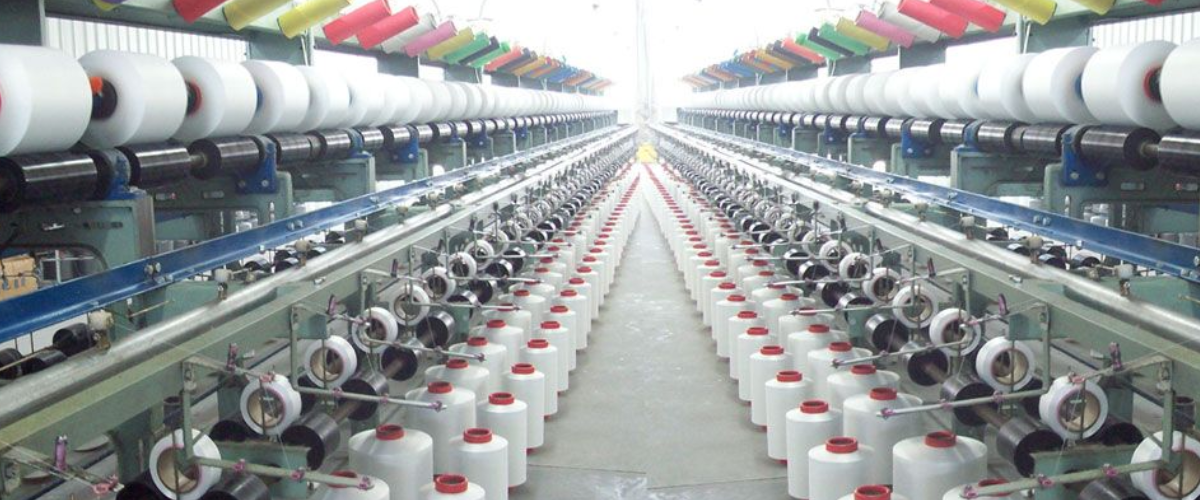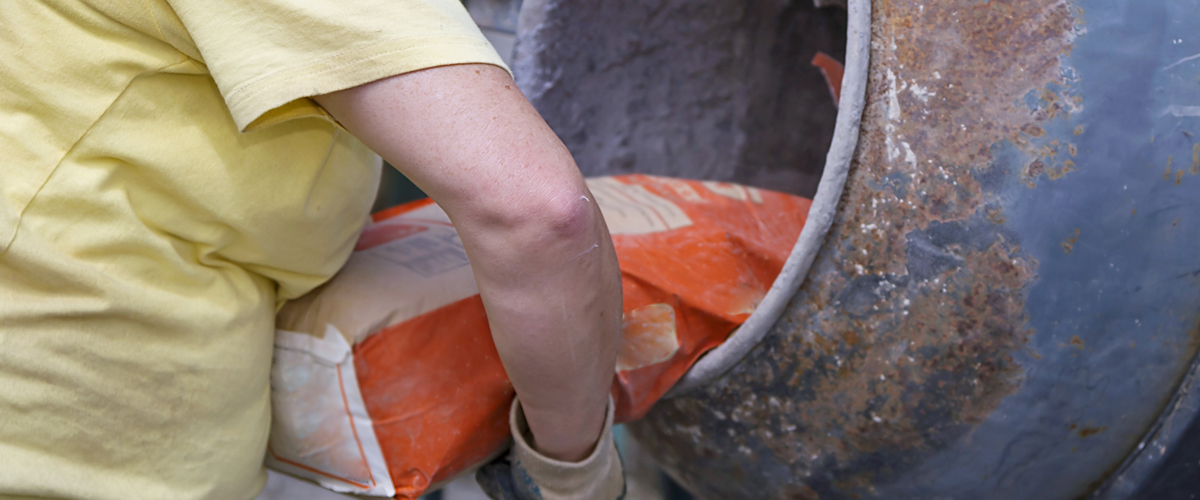
Achievements of the BEE-SME programme till FY 2018-19
During FY 2015-16 to FY 2018-19, under SME programme various initiatives as described below, to boost energy conservation in the SME clusters covered under the BEE-SME programme. These initiatives targeted some of the key SME sectors including food processing, forging, textile and bricks.
Indore Food Cluster – under the project several interventions such as optimization of the combustion efficiency, compressed air system energy efficiency etc. were carried out in the cluster.
Up to March 2017, implementations were carried out in seven industries leading to energy savings of 22 tonnes of oil equivalent.
Varanasi Brick Cluster – India is second largest producer of red bricks in the world, and the brick kilns mostly use conventional technology. Considering the massive potential in the sector BEE has demonstrated the energy efficient zig-zag brick kiln design. BEE also conducted training programs for the operating staff to facilitate adoption of this new technology.
Up to March 2017, two implementations were demonstrated which has led to saving of around 362 tonne of oil equivalent.
Ludhiana Forging Cluster – Ludhiana cluster is the largest producer of fasteners in the country, and hosts several forging and engineering SME units. Forging industries are predominant in the cluster. Under the programme, several interventions such as waste heat recovery, electrical quality control, improvements in the furnace and burner design etc. were carried out in seven units till March 2017 leading to energy savings of 472 tonnes of oil equivalent.
Note: Pilot EE Induction furnace project was carried out in Ludhiana, this technology has significant replication potential. Post successful demonstration of the technology by BEE in the cluster, few other units have adopted this technology to improve their energy efficiency and productivity.
Pali Textile Cluster is one of the biggest SME clusters in India having over 350 member industries majorly involved in dyeing of Poplin, PC Blend and Polyester etc. Considering the potential in the sector, several interventions for energy efficiency improvements were carried out in units leading to energy savings of 309 tonnes of oil equivalent.





